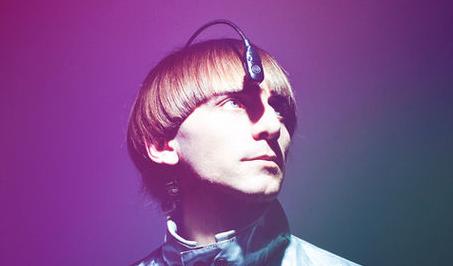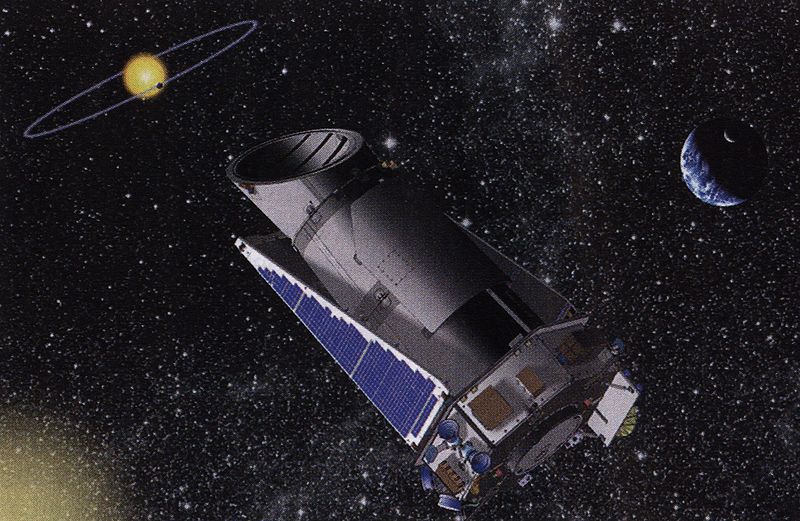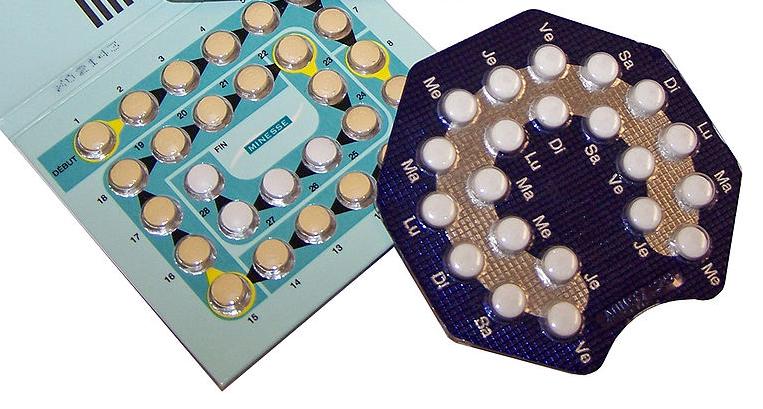Surprising Science
All Stories
Scientists in the Netherlands are using robotic legs to try to improve the movement of stroke patients. The device works by training the body and mind of a patient to make natural steps.
Success in running is not just a mental feat, it’s physical, too. And the good news is that science backs up the cliché that age doesn’t matter, or at least doesn’t matter that much.
Two English professors have created the Action for Happiness movement which, by following a simple list of activities, aims to increase the amount of happiness in the lives of individuals.
The fact that the rabies virus can spread from an infected neuron to other neurons connected to it makes it an almost perfect vector for tracing connections in the brain.
After controversy over its hiring of C.E.O.s from outside the company, Hewlett-Packard has hastily named Meg Whitman its newest chief executive. She joined the board eight months ago.
What makes Russell Simmons so successful in business and philanthropy? The serial entrepreneur shares his strategy on turning an idea into a successful enterprise.
An environmentally friendly car which gets 200 miles per gallon and was partly made using 3-D printing technology has gone on show in Canada. Commercial production may begin in 2014.
Following the lead of its competitors, Amazon announced today that its Kindle users can follow a simple process to check out e-books from 11,000 community libraries across the country.
Following up on her first book, renowned physicist Lisa Randall’s newest work explores the cosmos, from the atoms being smashed at the L.H.C. to physicists’ search for dark matter.
Nature may abhor a vacuum but it seems to tolerate just about everything else. Scientists have found yet another species, this time a deep-sea squid, that engages in same-sex sex.
If we could talk to the animals, we might gain insight into what it means to communicate with an extraterrestrial species.
In his new book, Harvard psychologist Steven Pinker reports some rare good news about human nature. He argues that we—the human race—are becoming progressively less violent.
Though it might seem odd that a cup of yogurt can influence behavior, scientists are learning that eating probiotics can reduce stress levels—further proof of a strong mind-body connection.
Small computer implants that read brain activity like radio waves are becoming less invasive and more effective at interfacing with computers. There are a range of commercial uses.
Psychotherapy has come a long way since the days of Freudian psychoanalysis. Today, studies are providing evidence for psychotherapies that effectively treat psychiatric disorders.
Researchers at the Cornell Creative Machines Lab are experimenting with 3-D food printers, envisioning them as the next fashionable appliance for restaurants and home kitchens.
A group of researchers said that by examining the whole genome of a family of four, they were able to make unusually specific findings and suggestions for preventive care.
Wobbly walking and clumsy moves are classic signs that someone’s been drinking, and a new study suggests balance problems can afflict heavy drinkers for years after they sober up.
With so many essential questions unanswered, there is good reason to be cautious about introducing large-scale HPV vaccination. Instead, we should concentrate on getting answers.
Top entrepreneurs say new products or services usually need many ‘pivots’ to find a successful formula. Here’s how to make those course corrections faster and more efficient.
Will there will come a time when putting up an all-glass building is like wearing a fur coat? About 90,000 birds are killed each year by flying into buildings in New York City alone.
Orthopedic surgical trainee Mark Frame 3D printed a model of a bone from a CT scan, as preparation for surgery, for a fraction of the usual price of such a model.
British scientists hope to use a huge balloon and hosepipe to shoot particles into the atmosphere–like an erupting volcano–and cool down Earth. A prototype is ready to try.
NASA’s planet-hunting Kepler space observatory has already identified more than 1,200 planetary candidates and tomorrow NASA will announce a new discovery by it.
Arctic sea ice is melting at its fastest pace in almost 40 years. The Northwest Passage was again ice-free this summer and the polar region could be unfrozen in just 30 years.
U.S. Government attempts to drive up the price of medicine in developing countries, as described in leaked cables, amounts to state-sponsored violence, writes James Love.
A recently published study has shed light on the memory-altering effects of one of the most widely used hormone-regulating drugs in the world: the birth control pill.
For decades, psychologists have thought that traumatic events become imprinted into the brain. But studies have shown that these memories are not as accurate as we may believe them to be.
How do you topple a tyrant or popularize a foreign cuisine? A study on network theory finds that the tipping point needed for a committed minority to win over the majority is just 10 percent.
Recent research suggests a new and interesting connection between the mind and body: when we are physically ill, we naturally avoid people we think will make us more ill.





























